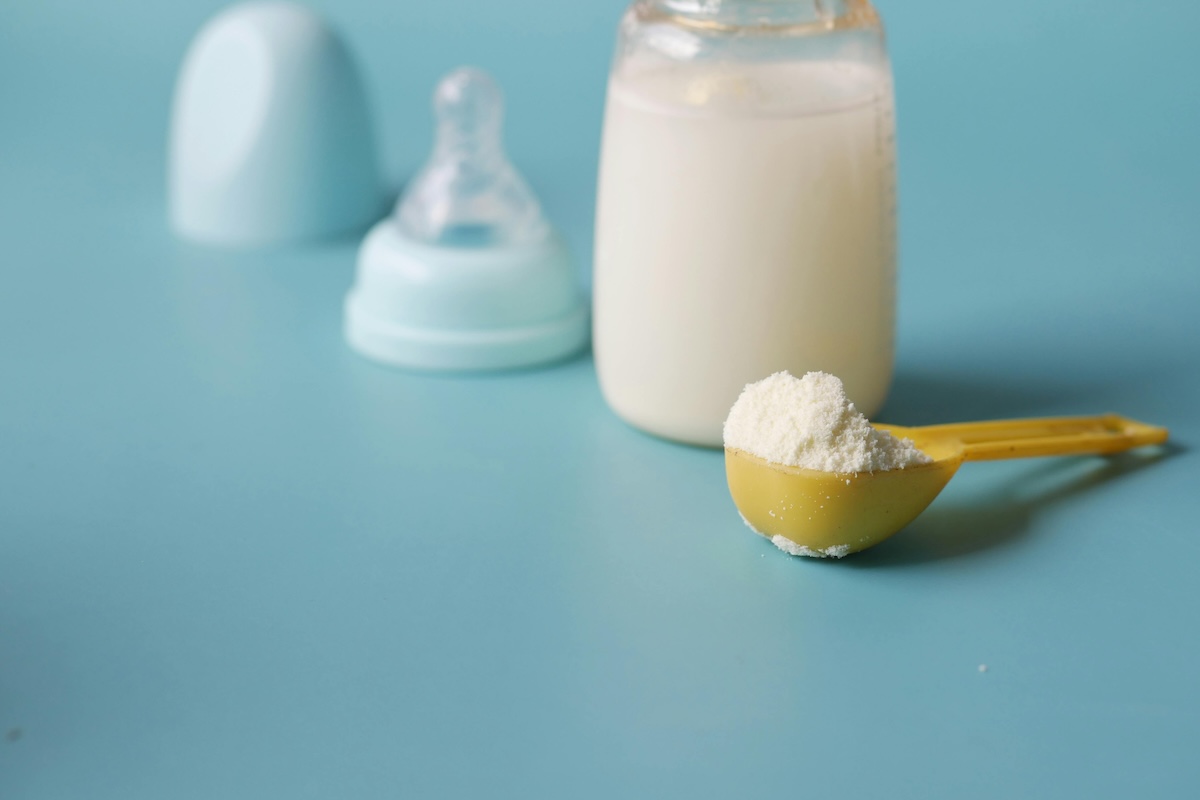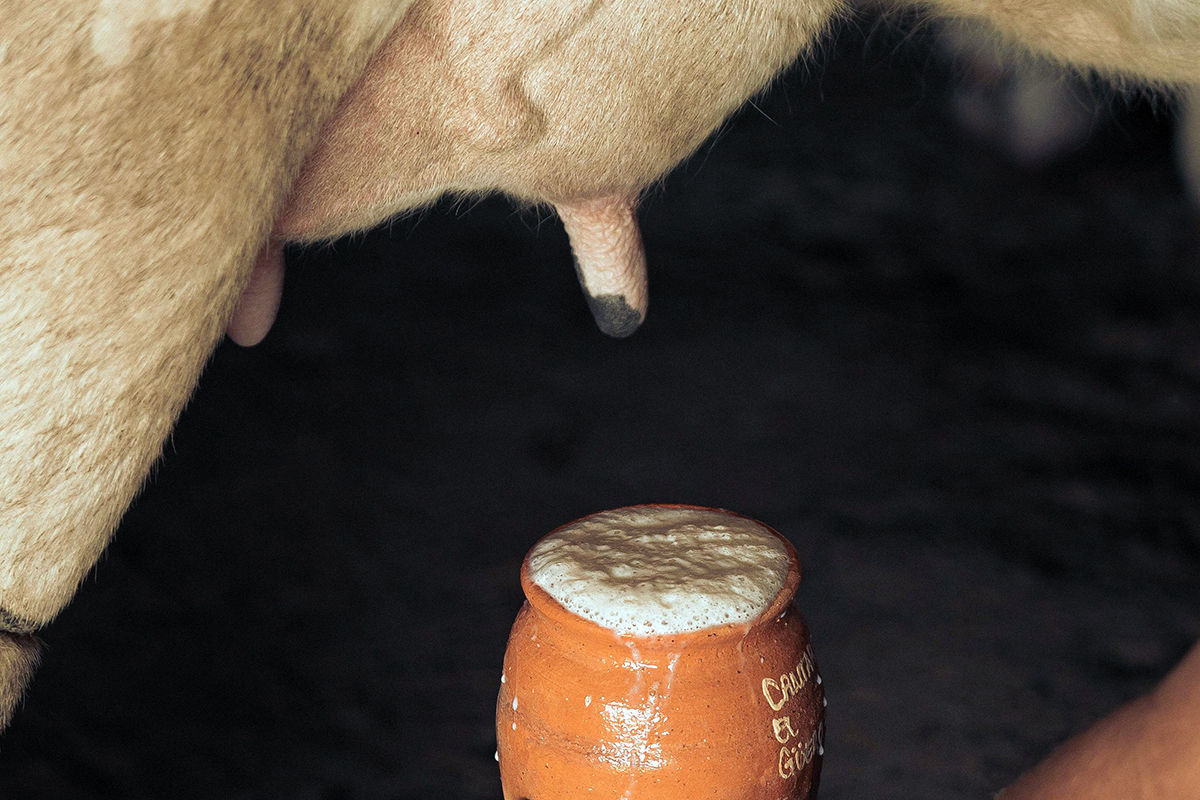I’m hearing more and more about parents choosing other types of milk (non-cow) for their toddlers: oat milk, goat milk, and other non-rhyming milks such as almond and soy. Is there a benefit of choosing non-dairy or non-cow milk for my kid? You’ve also mentioned that there is no need to transition away from whole milk. Is there a reason to stay with whole milk vs. 2% etc. as they age?
—A mother and her dairy dilemmas
The poor non-rhyming milks. So neglected.
Okay, so there are two questions in here. Your second — on whole versus 2% milk — is easier, as I’ve written about it before. You can see the long version here, but the gist is that the concern with whole milk is that it has more calories and fat, and therefore might contribute to obesity. The reality is that (as with most diet data) the evidence on the contribution of this dietary choice to weight is thin. In fact, much of the data suggests that switching to low-fat milk might increase obesity. But this evidence is also very poor. Within dairy milks, just do what you want.

The first question, your rhyming-milk question, is much harder. It’s wrapped up in the question of vegan choices in general, their impact on health, their impact on the environment, and other important questions. This is not the place to weigh in on all or even any of these. What I can say is that many of the considerations at play here are the same as the considerations for adults, so subject to the same data and same data limitations.
There are also particular considerations for children, related to their need for vitamins and micronutrients, which may be less available in plant-based milks. In my research, I found this absolutely amazing paper, which goes through the nutrient content of a huge number of animal milks (including human, cow, buffalo, goat, camel, and alpaca) and plant milks (almond, soy, oat, coconut, quinoa). This paper is really detailed. I thought about including their tables here, but it was just too much. But seriously, check it out.
What is clear from the paper is that the nutrient content of the milks differs from cow’s milk — plant-based milks have less protein; reindeer and elk milks have more. The extent to which this matters is somewhat unclear, but the authors of the paper caution that given these differences, if you are going to rely on alternative milks, it is important to discuss it with your doctor and ensure appropriate nutrients.
Community Guidelines





















Log in
Another consideration is also sugar. I’ve heard that the sugars in oat milk are worse for teeth than the ones in cow’s milk. Probably not a big problem if drinking milk only with meals but otherwise (and especially for adults drinking coffee with oat milk throughout the day). We use “non-sugar” oat milk (and cow’s milk). Not sure if it is a wise choice or not but works.
Another consideration is vitamin D fortification. As a Pediatrician is Canada, I have seen a number of children with rickets from vegan milk as it is often not fortified.